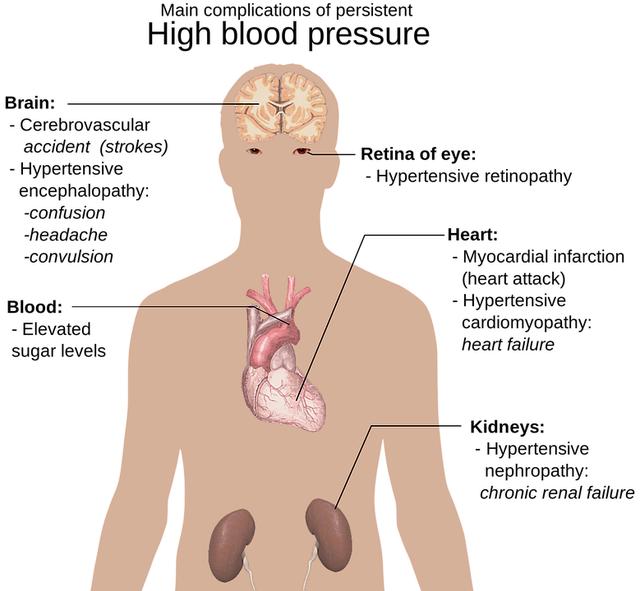
Understanding the Link Between Kidney Disease and Anemia
Kidney disease is a serious health condition that affects millions of people worldwide. It occurs when the kidneys are damaged and can no longer filter blood and remove waste from the body effectively. This can lead to a buildup of toxins and waste products in the blood, which can cause a range of health problems.
One common complication of kidney disease is anemia. Anemia occurs when there are not enough healthy red blood cells in the body to carry oxygen to the tissues. This can lead to fatigue, weakness, and other symptoms.
In this article, we will explore the link between kidney disease and anemia, and the impact it has on the body. We will also discuss the treatment options available for people living with both conditions and the importance of managing them effectively.
The Link Between Kidney Disease and Anemia
The kidneys play a critical role in the production of red blood cells. When the kidneys are functioning normally, they produce a hormone called erythropoietin, which stimulates the bone marrow to produce red blood cells. However, in people with kidney disease, the production of erythropoietin is reduced, leading to a decrease in red blood cell production.
As a result, people with kidney disease may develop anemia. This can be particularly challenging for people with chronic kidney disease (CKD), as the condition is progressive and can worsen over time.
The Impact of Anemia on the Body
Anemia can have a significant impact on the body, leading to a range of symptoms and complications. Common symptoms of anemia include fatigue, weakness, and shortness of breath. In severe cases, anemia can also lead to heart problems, cognitive impairment, and an increased risk of mortality.
For people with kidney disease, the presence of anemia can further exacerbate the already challenging symptoms and complications associated with their condition. This can significantly reduce their quality of life and make it more difficult to manage their kidney disease effectively.
Treating Anemia in People with Kidney Disease
Treating anemia in people with kidney disease typically involves addressing the underlying cause of the condition, as well as managing the symptoms and complications. One common treatment option for anemia in people with kidney disease is the use of erythropoiesis-stimulating agents (ESAs).
ESAs are synthetic forms of erythropoietin that can be administered through injections or intravenous infusions. These medications work by stimulating the bone marrow to produce more red blood cells, helping to alleviate the symptoms of anemia and improve overall quality of life.
In addition to ESAs, some people with kidney disease may also require iron supplementation to support the production of red blood cells. Iron is an essential nutrient for red blood cell production, and people with kidney disease may have difficulty absorbing and utilizing iron effectively. Iron supplements can help to address this deficiency and improve the effectiveness of ESA therapy.
Managing Kidney Disease and Anemia
Managing both kidney disease and anemia effectively requires a comprehensive approach that addresses the underlying causes of both conditions. This typically involves working closely with healthcare providers to develop a personalized treatment plan that addresses the unique needs of each individual.
In addition to medical treatments, lifestyle modifications can also play a significant role in managing kidney disease and anemia. This may include making dietary changes to support kidney health and improve the absorption of essential nutrients, such as iron. Physical activity and regular exercise can also be beneficial for both conditions, helping to improve overall health and well-being.
Importance of Early Detection and Treatment
Early detection and treatment of anemia in people with kidney disease is critical for minimizing the impact of the condition on overall health and well-being. Regular monitoring of red blood cell levels and other relevant markers can help healthcare providers identify anemia early and initiate appropriate treatment.
Furthermore, early intervention can help to prevent the progression of anemia and reduce the risk of complications, such as cardiovascular disease and cognitive impairment. This underscores the importance of regular healthcare visits and staying informed about the potential complications of kidney disease and anemia.
In conclusion, anemia is a common complication of kidney disease that can have a significant impact on overall health and well-being. Understanding the link between these two conditions and the importance of managing them effectively is essential for people living with kidney disease. By working closely with healthcare providers and implementing a comprehensive treatment plan, people with kidney disease can effectively manage anemia and improve their quality of life. Early detection and treatment are key to preventing the progression of anemia and minimizing its impact on overall health.












